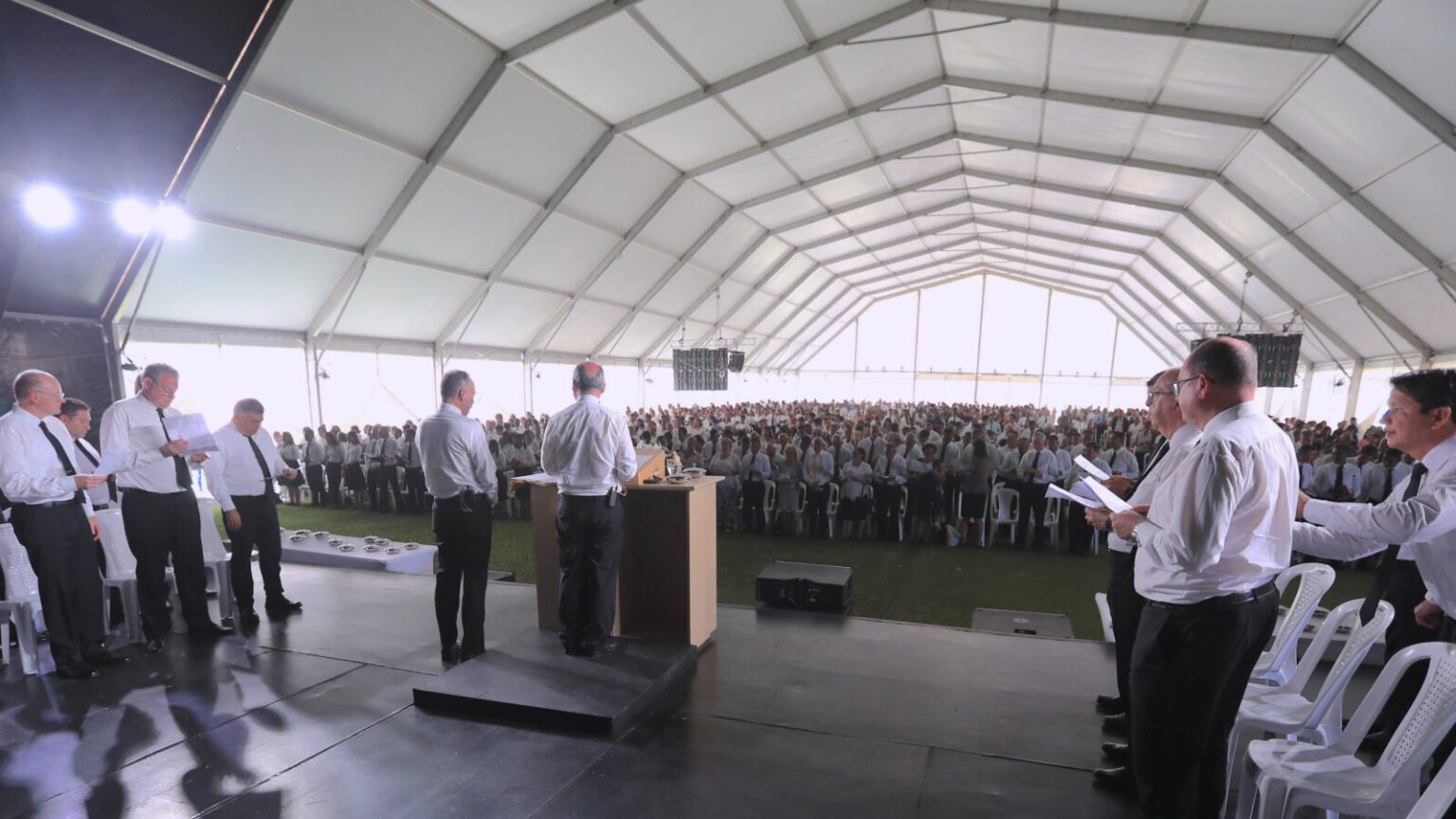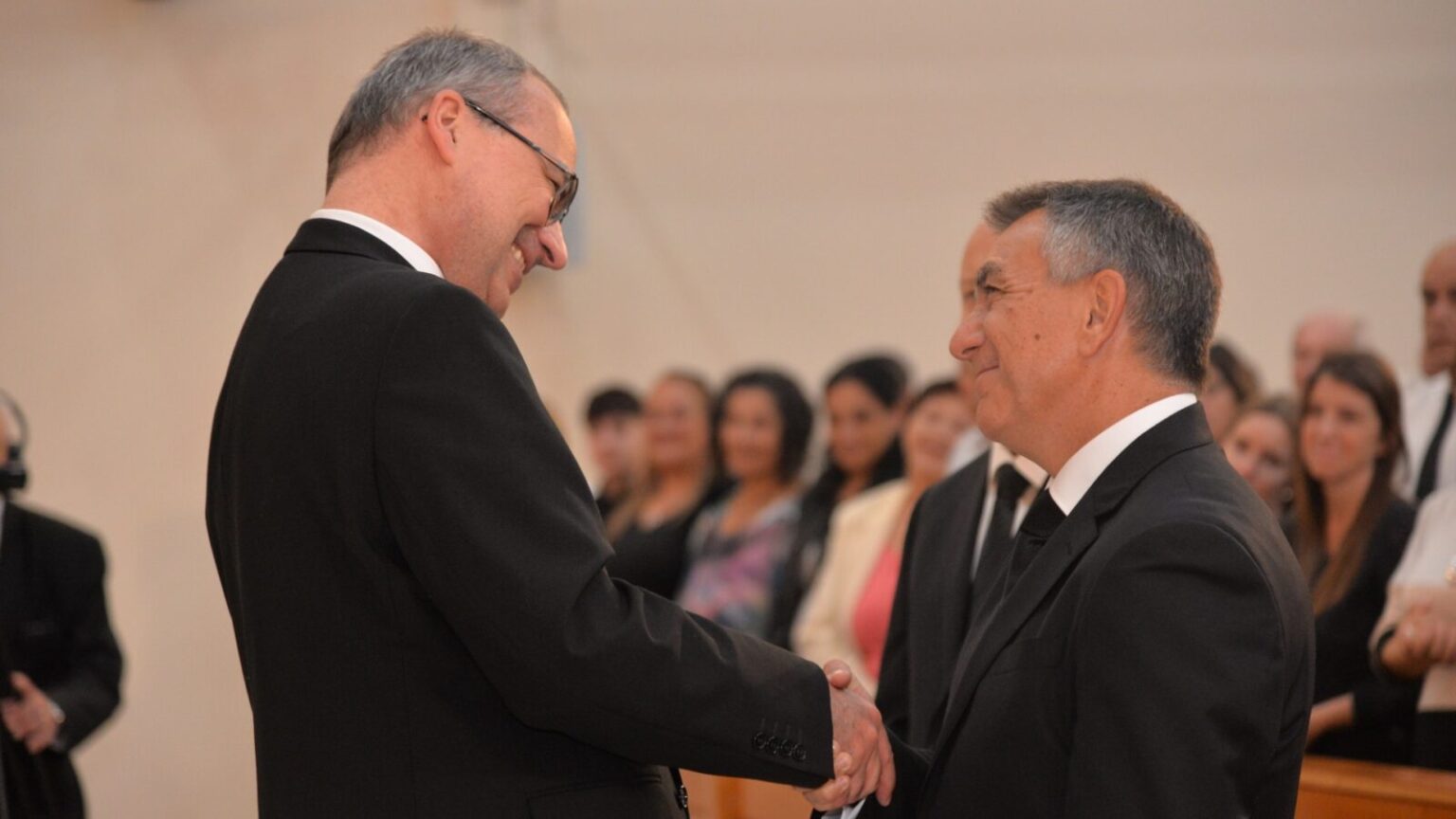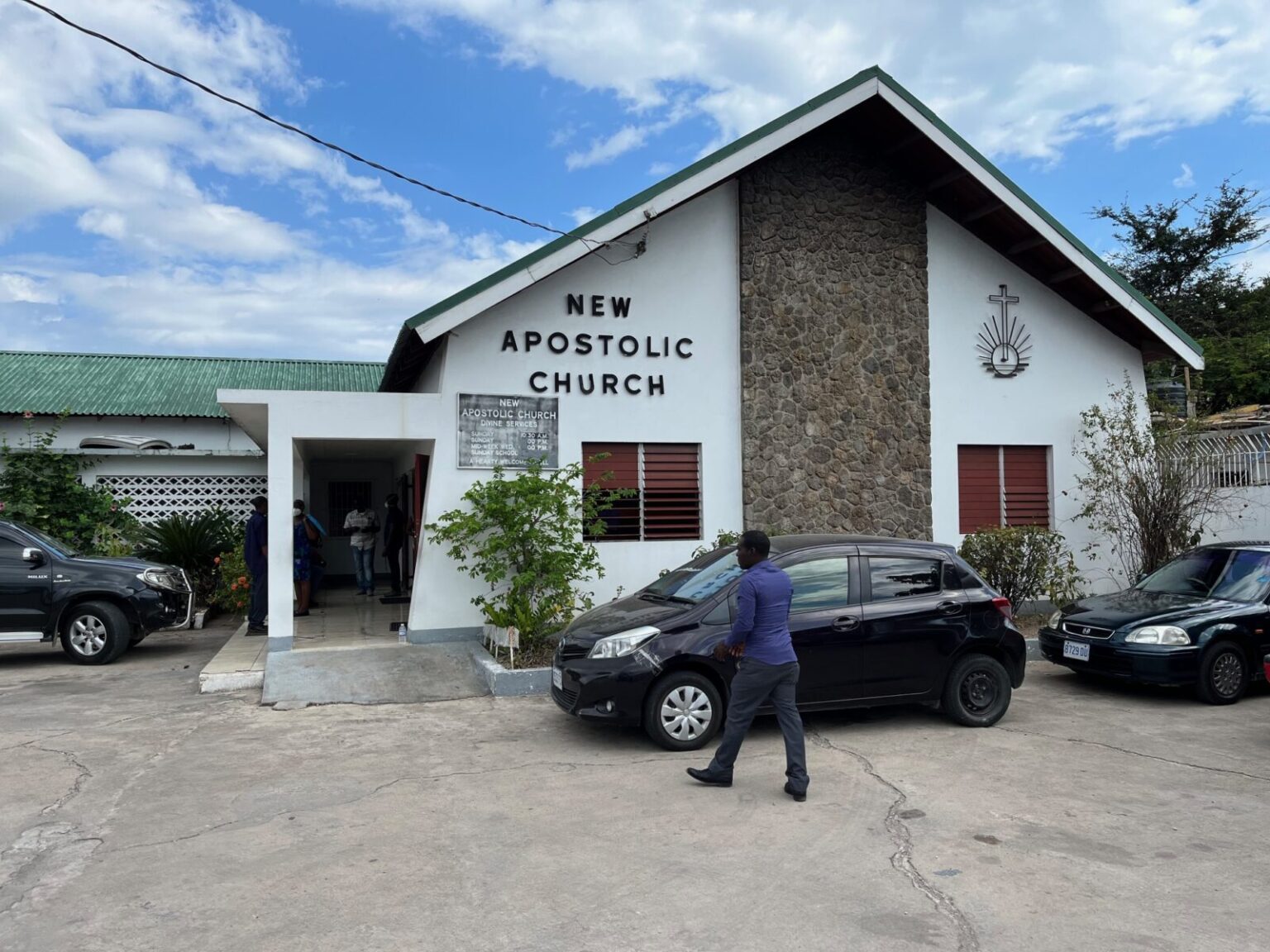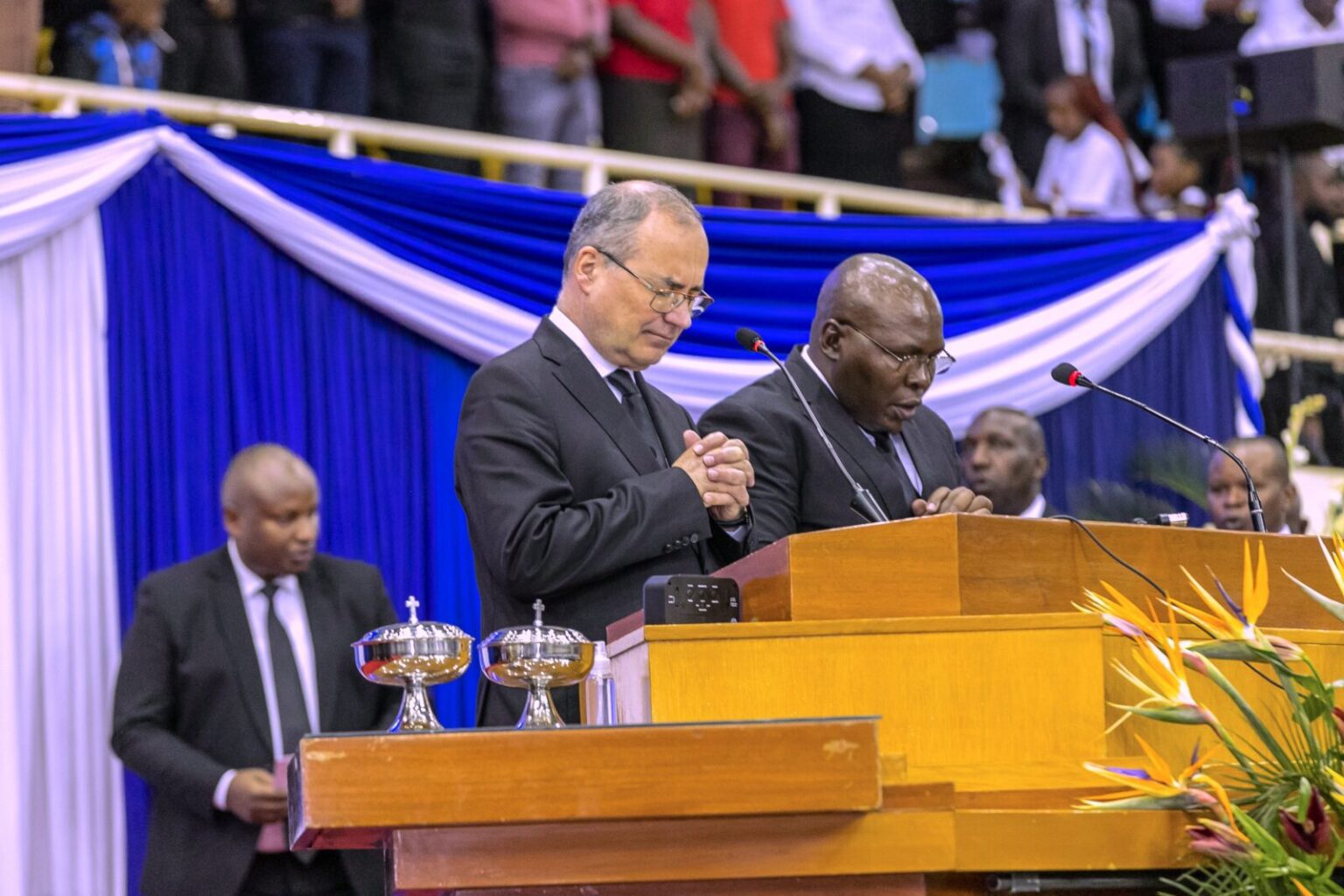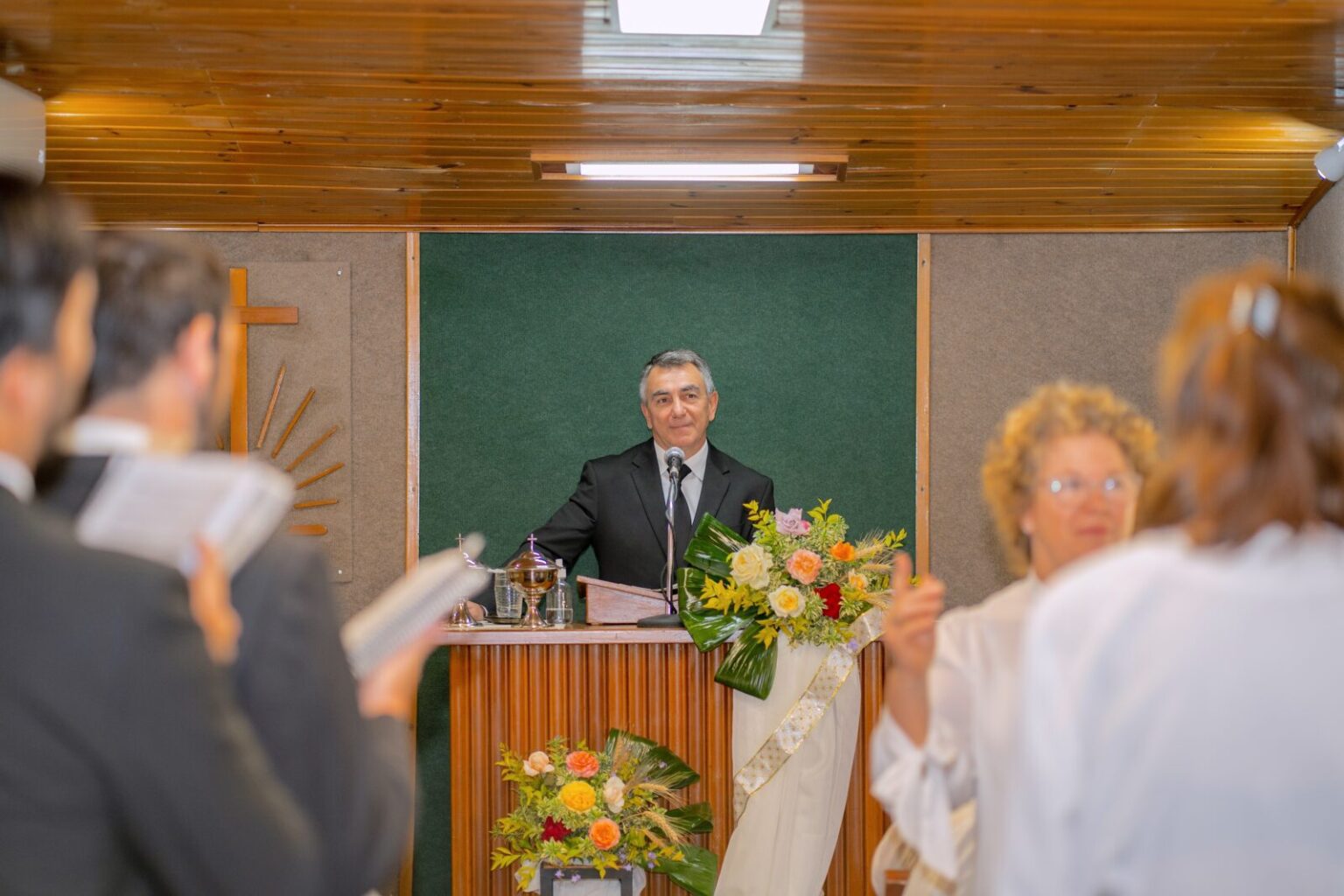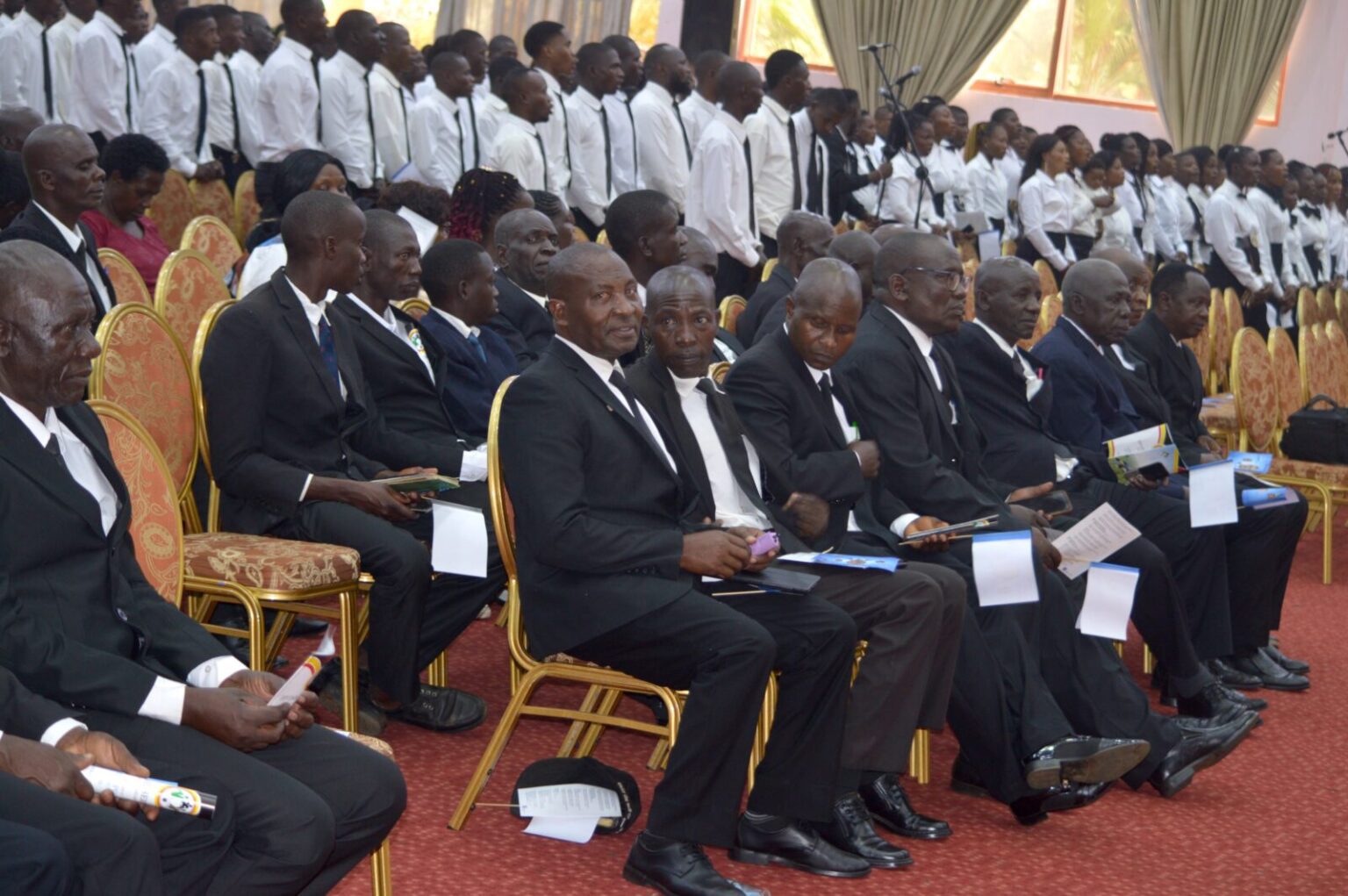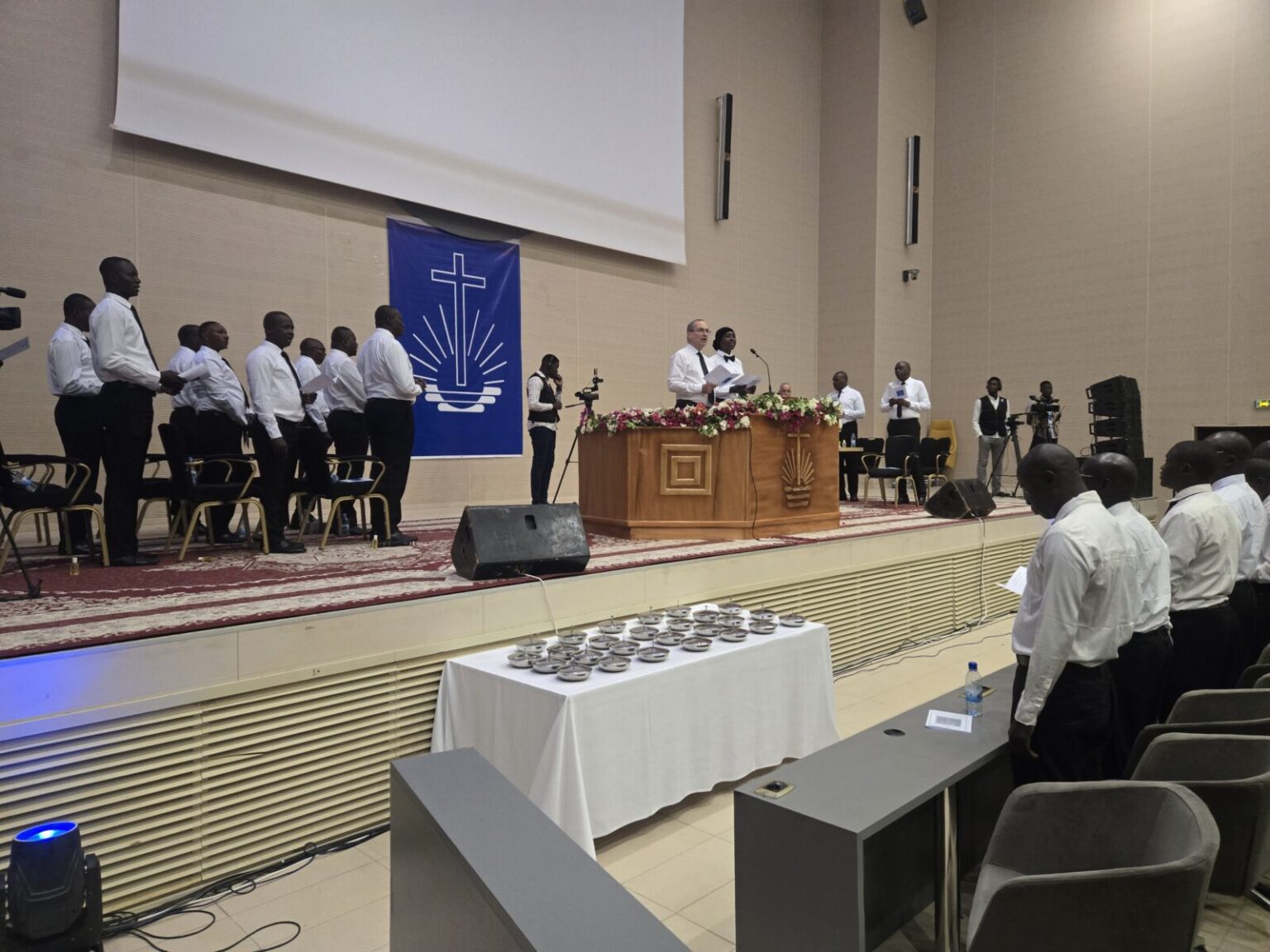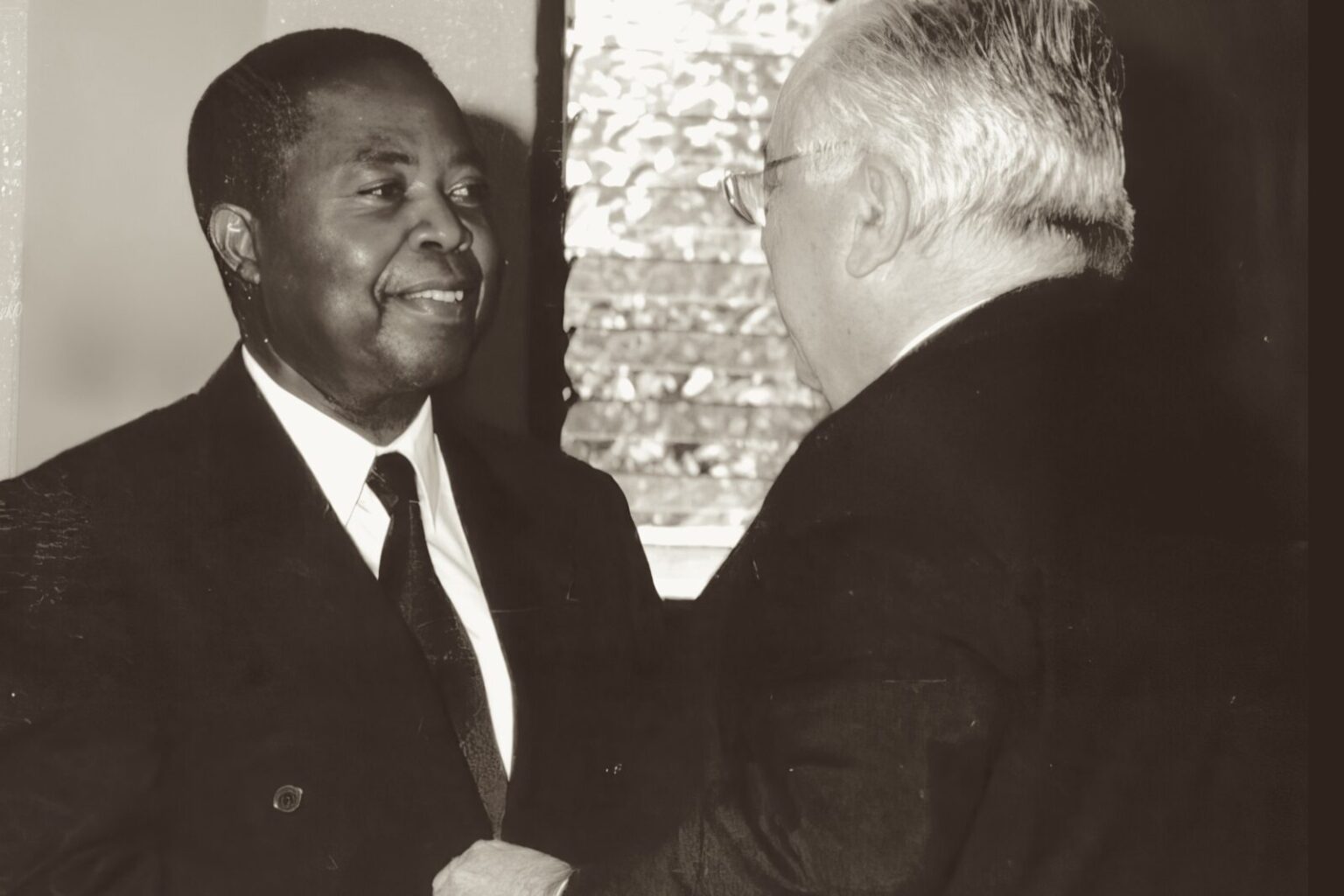

Do not marginalise or pass judgement, but look at the soul, the Chief Apostle urged recently. Reality, however, is sometimes different. This is Sandra’s experience. Her problem: who she loves and how others feel about it.
Sandra’s name is not Sandra. In fact, she has a completely different name. She would have liked to have gone public here in support of others who are in a similar situation. But for her employer she travels to different countries where she could risk a prison sentence or violent attacks if it became known that she is homosexual.
Inner pressure
“Already as a child I knew that I was a little different from others,” Sandra says. How different became clear a little later. “I didn’t fall in love with boys, but rather with girls.”
But to come out of the closet with it? She heard and experienced how her peers at school made fun of homosexuality. Besides, you put yourself under a lot of pressure. “What happens if Mom and Dad can’t deal with it?” Out of fear she kept quiet. “But if I always pretend to be someone I’m not, it affects my psyche.” Sandra suffered.
The first reactions
Her worries were not unfounded. “My mother was shocked at first,” Sandra says, recalling the moment she told her. “Will I ever have grandchildren,” was one of her first comments. “I thought I would one day see you walk down the aisle …” But then, the next moment it was okay for her.
“My father couldn’t talk about it at first. It took him a little longer, also because he had been involved in the Church all his life in a very conservative context.” She is talking particularly about the district leaders here. “It affected my parents. How will we be perceived now that our daughter is different?”
“But I can’t complain,” Sandra points out. “My parents have always supported me, even if it wasn’t so easy for them at first. They first of all had to look into the subject.”
Souls in need of care
That was about 20 years ago. “At that time, homosexuality was not in the media as much as it is today,” Sandra says, although she views some of the activism critically. A lot has changed over the past ten years in the congregations and districts, she says. Back then, she says, she went through a phase when she stopped going to church regularly. “I had these inner struggles. And I am not alone in this. Many people in my situation feel the same way.”
Sandra did not find her needs reflected in the sermons. She also did not feel well taken care of in terms of pastoral care. Especially when a minister said to her: “Maybe this is just a phase, maybe it will pass.” This was probably well-meant, but it left her feeling rejected. Such advice is still being given today. She knows of a very recent example. For this reason, she feels that it would be helpful if ministers were trained to deal with such situations.
Sandra considers it problematic to try and persuade people to simply ignore their homosexuality and enter into a heterosexual partnership despite all the doubts. “This can result in a lot of suffering.” She knows of cases in other contexts where marriages fell apart and the children in particular suffered because one partner only admitted his or her preferences late in life.
Sometimes it is a balancing act
However, Sandra is also well aware that there are situations where one cannot reveal one’s homosexuality so clearly. When she is on a business trip in a country where homosexuality is an offence and punished with years in prison or execution, a ring on the finger will do to make it look like you are married or engaged.
“I know it’s not the truth,” she admits, “but in this context, the priority is to protect my life.” She can therefore certainly appreciate the Church’s balancing act between the social framework in parts of Europe and North America on the one hand, and in parts of Africa and Asia on the other.
Grateful for diversity
“Tall people love short people, fat people love skinny people, women love men, men love women, women love women, men love men,” Sandra says. “The binding force that unites us all is love.” And especially so in the future “heaven, where we will no longer be distinguished by gender, and only souls meet”.
She appeals to her brothers and sisters: “Be grateful that you have such great brothers and sisters who bring such incredible diversity to our community—even if they are a little different. Let us be kind and tolerant. Because in the end, all that really matters is love.”
Photo: deagreez – stock.adobe.com





